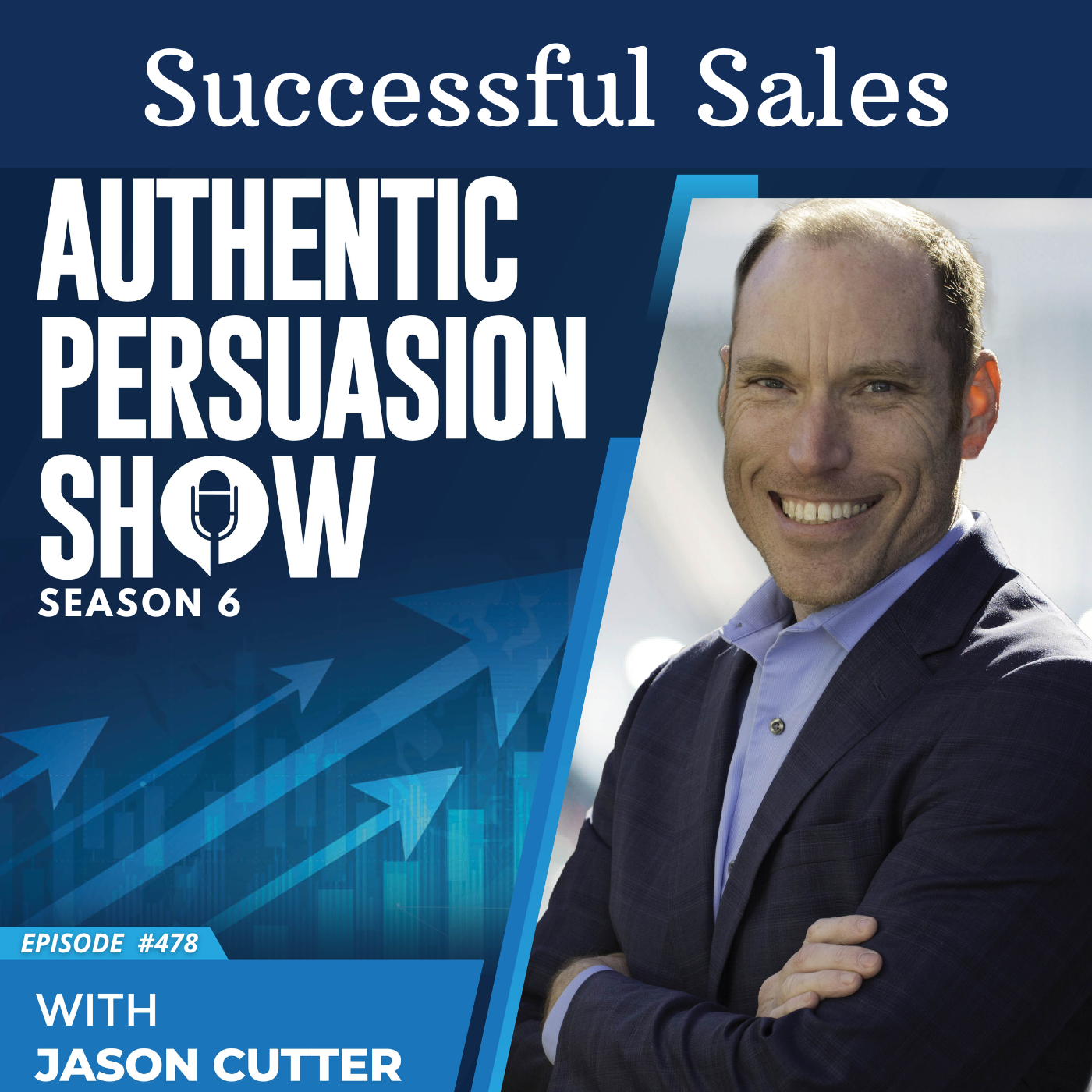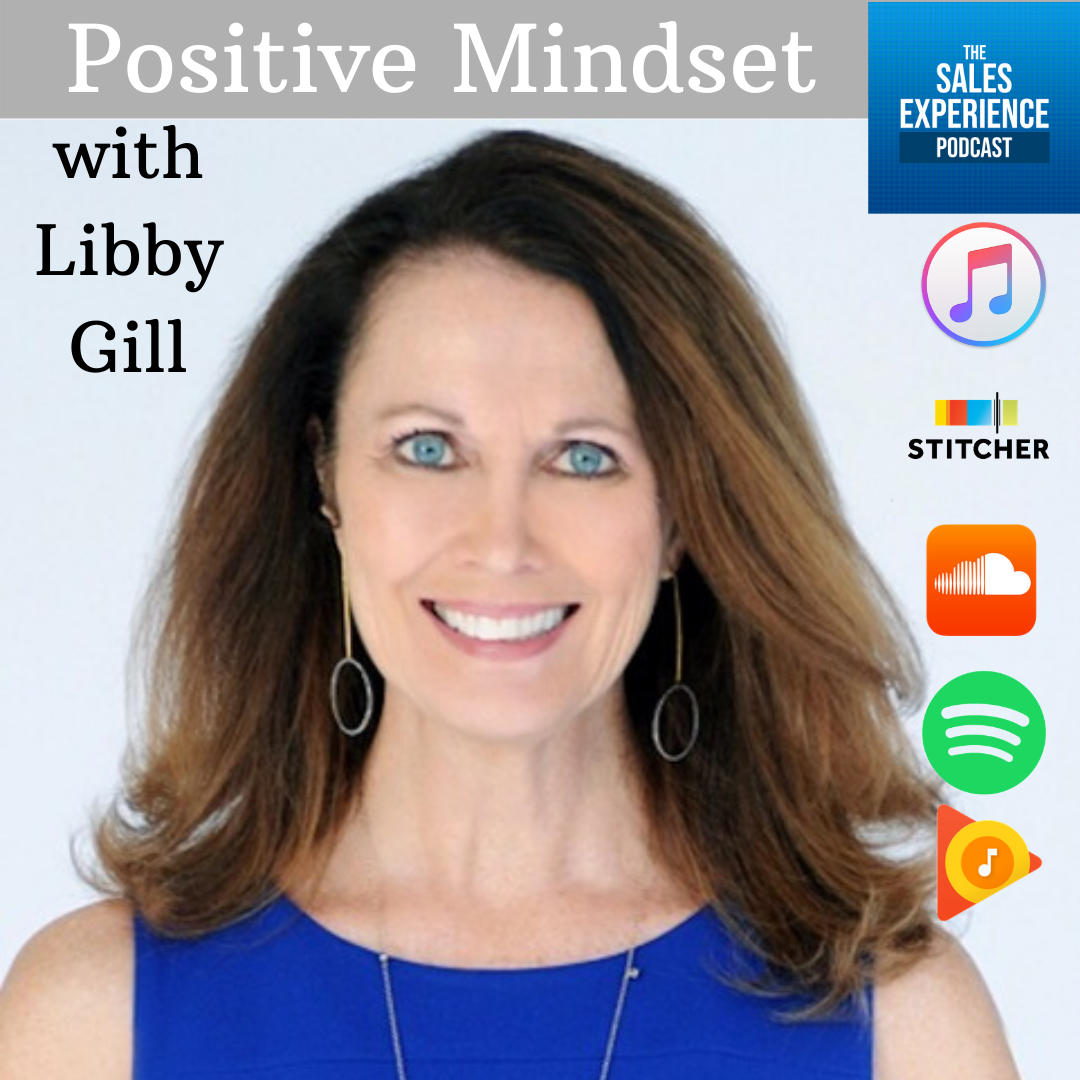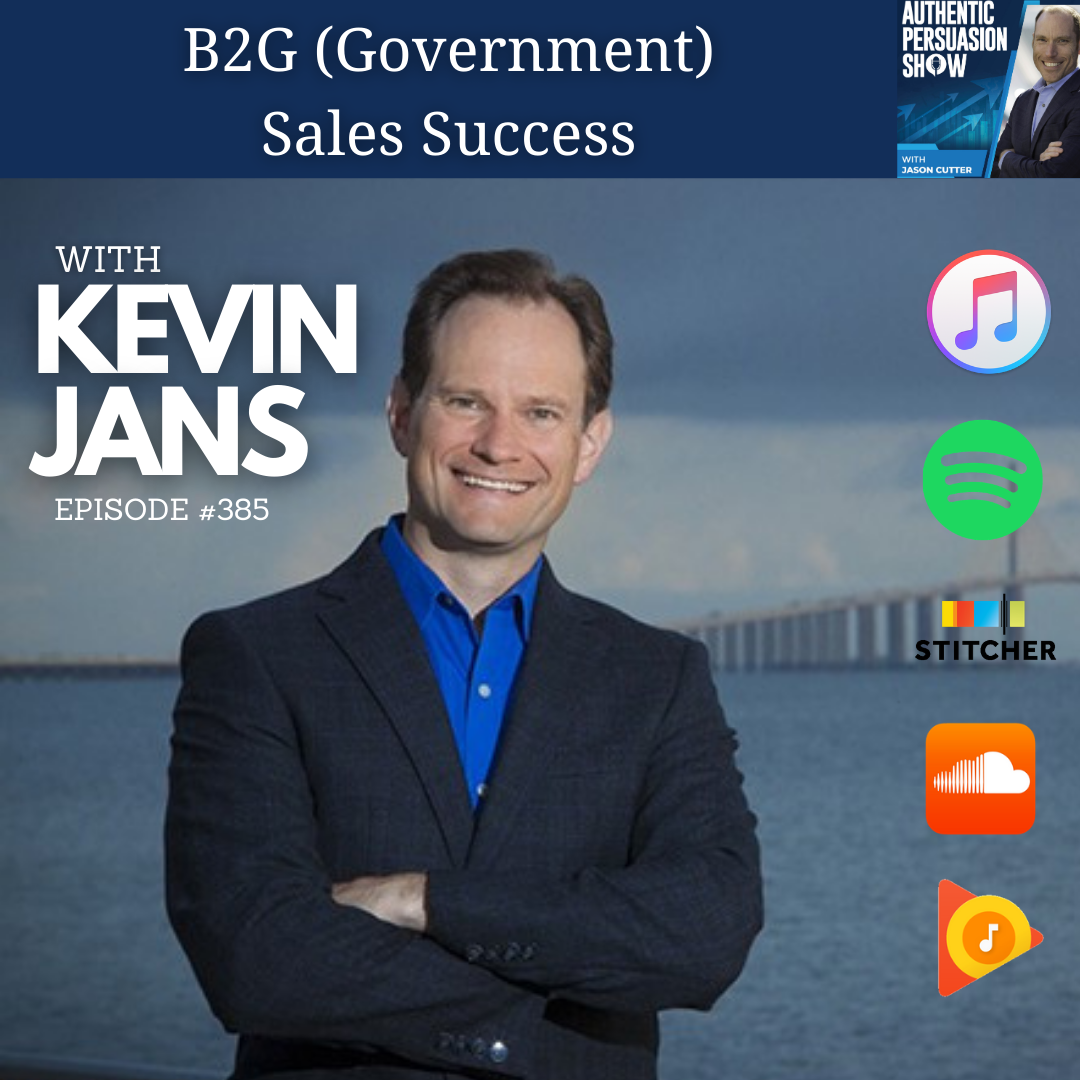Episode Transcript
[00:00:00] Speaker A: Welcome to the authentic Persuasion show.
[00:00:02] Speaker B: On this episode, I want to replay part of a previous show. Maybe you heard the original full length episode and this could be a great refresher and reminder. Or maybe this is your first time hearing this content and the timing could be just right to help you leverage authentic persuasion today in your role, no matter what. Here's to your success.
[00:00:21] Speaker A: This is the authentic persuasion. Show it. So the key is avoid the desire to just prescribe your solution to everybody out of the gate, no matter what, just instantly prescribing. So that's one thing. The other part is where this comes up a lot, is where people get pushed early on for a solution. Now let me give you a scenario. And where this phrase came up and why we became really familiar with this is back in the day when I first got in the mortgage business. It was during the height of the real estate boom, 2002, 2004. In that range, rates were going down. Rates were crazy good. People were buying funny enough, not like they are now. At the time, they were historically low. And so what happened was you would get a call from somebody or you would talk to somebody and pretty much first thing out of their mouth would be, well, what's your rate? What's the rate? What's the best rate you can do? Right? Because they're in this rate shopping mode, and they've lumped everyone together as a commodity, and they're literally just looking at rates, right? They looked online, they saw bankrate.com, which was one of the big things at the time, and they saw what a 30 year fix should be. And they just want that rate. Whatever that rate, they saw an advertisement, they saw it on tv, rates as low as right, without reading all the small print and thinking about that relative to themselves. And they just want to know the rate. The challenge is what happens in that situation. This happens to a lot of salespeople in a lot of scenarios where somebody says, well, what's this going to cost me early on, before you've even gone through your presentation, before you've built the value, before you even understand how you can help them. And the best way to help them, people are asking that, right? And they're trying to take control. They're afraid. They're worried about it. They don't know what's coming. And they want to try to wrestle control back and feel like they're in charge of this process. And that's really what happens. So they ask you that early in the process, a lot of salespeople I see do it incorrectly and make it really difficult for themselves. By then answering that question, they say, oh, here's our fee, or, here's our rate. Right? Back in the mortgage days, people say, well, what's your 30 rate fix? In the beginning, before I knew what I was doing, I would just answer as a reflex, be like, 6%. And then that now is up to the other person, to that prospective customer, that client, to then decide, is that a good rate or a bad rate? Do they like that rate or do they not like that rate? And then at that moment, you are purely an order taker. If you're giving out that piece of information, whatever that is, without having gone through your process, without having gone through everything and getting to the point where you're in control of what you're sharing and you've made it about them, and you know what the price is, you know what the rate is, the fee, the terms, the contract, the process. If you give that information out early, it's the same thing as a doctor giving out a prescription before they've gone through their whole diagnostic process, before they've done their due diligence, before they have figured out the best prescription. If you walk into the doctor's office and say, I went on WebMD and I looked up headache, and it says that it's most likely a brain tumor, because I just have this headache every day and it just won't go away no matter what I do. So I think it's a brain tumor, and I just want to get it fixed. And the doctor says, okay, sounds good. Let's get you into surgery right now. Right? They wouldn't do that. That's terrible. In fact, I'm pretty sure they probably hate when someone says, oh, I was looking it up online, and here's what I think I did. Right, like the self diagnosis, like WebMD doctor mode, that people will get into where they think they can just solve it now. Indications, ideas. Hey, I was looking it up, and I think it might be this, but literally, that's why you're going to them. The challenge is prospective people are worried about salespeople more than they're worried about what their doctor is going to do. And so they want to wrestle control the process. And weak salespeople, or salespeople who do not understand their actual role as a sales professional, will fall under the trap of answering those questions. They're worried about it. They're worried about drawing a line in the sand and standing strong, like back in the day in the mortgage business. The better response for us and what we learned is I don't know.
What's the best rate you can give me? I don't know. Well, what do you mean you don't know? Well, I don't know because the interest rate is a result of many factors, like how you're going to prove your income. What's your income? Your debt ratio, your credit score, your credit history. Are you renting now? Is this a first time purchase? Are you a first time home buyer? Have you owned a home before? Are you looking to Refi, are you taking cash out? How much money are you putting down? Do you want a first mortgage, a second mortgage? All of those things affect an interest rate that you would get available because an interest rate is a form of credit risk. And so if you've never bought a home before and your credit sucks and you're not putting any money down, it's going to be a high rate because you're a risk, you're an unknown to the bank. If you've owned homes before, you're putting down a bunch of money and you have an 800 credit score, you're going to get the best rate possible because the bank's going to trust you because you have a track record. And so what happens? Telling people that. The challenge is that people don't want to hear, I don't know, because they've now tried to lump you in as a commodity. Here is the key. Most salespeople say, oh, our rate is 6%, and they're hoping someone buys in. Someone says, okay, that sounds good, let's move forward. Now, what you've done is you have given a prescription based on no diagnosis and you're just throwing out a rate. Then what happens? I promise, most of the time what will happen is that person says, okay, let's move forward, collect their details, their information. If they were excited about that rate, then they're going to give you everything. What's going to happen? You're going to do your due diligence, you're going to do your diagnosing, right. You're going to run it into your system, you're going to get a pre approval. It's going to come back rate six and a half percent. Right. Because they're not that stellar. They were excited by the 6%. Why? Because everyone else has been telling them six and a half and so they hear six and they think it's good, but it doesn't actually apply to them because they're not that person. Right. They're not that borrower at 6%. They're more of a six and a half percent person. And so what happens is now you have to give them the bad news. Now you have to say, hey, in fact, based on everything you gave me, it's actually going to be six and a half percent. That, my friends, is what feels like intentional or unintentional, a bait and switch. It's a. Hey, how much is this car? I have this car for this amount. Show up at the dealership. Oh, I'm sorry, that one's sold. But I have this other one. But it's unfortunately $10,000 more. Right. Like that. Bait and switch again. Sometimes it's malicious, sometimes it's accidental. That is what people do not like and trust about salespeople.
![[735] Avoid Prescribing Solutions Early](https://episodes.castos.com/salesexperiencepodcast/images/1682875/c1a-4d8w-qxnk98k2h23v-ojqw37.png)


